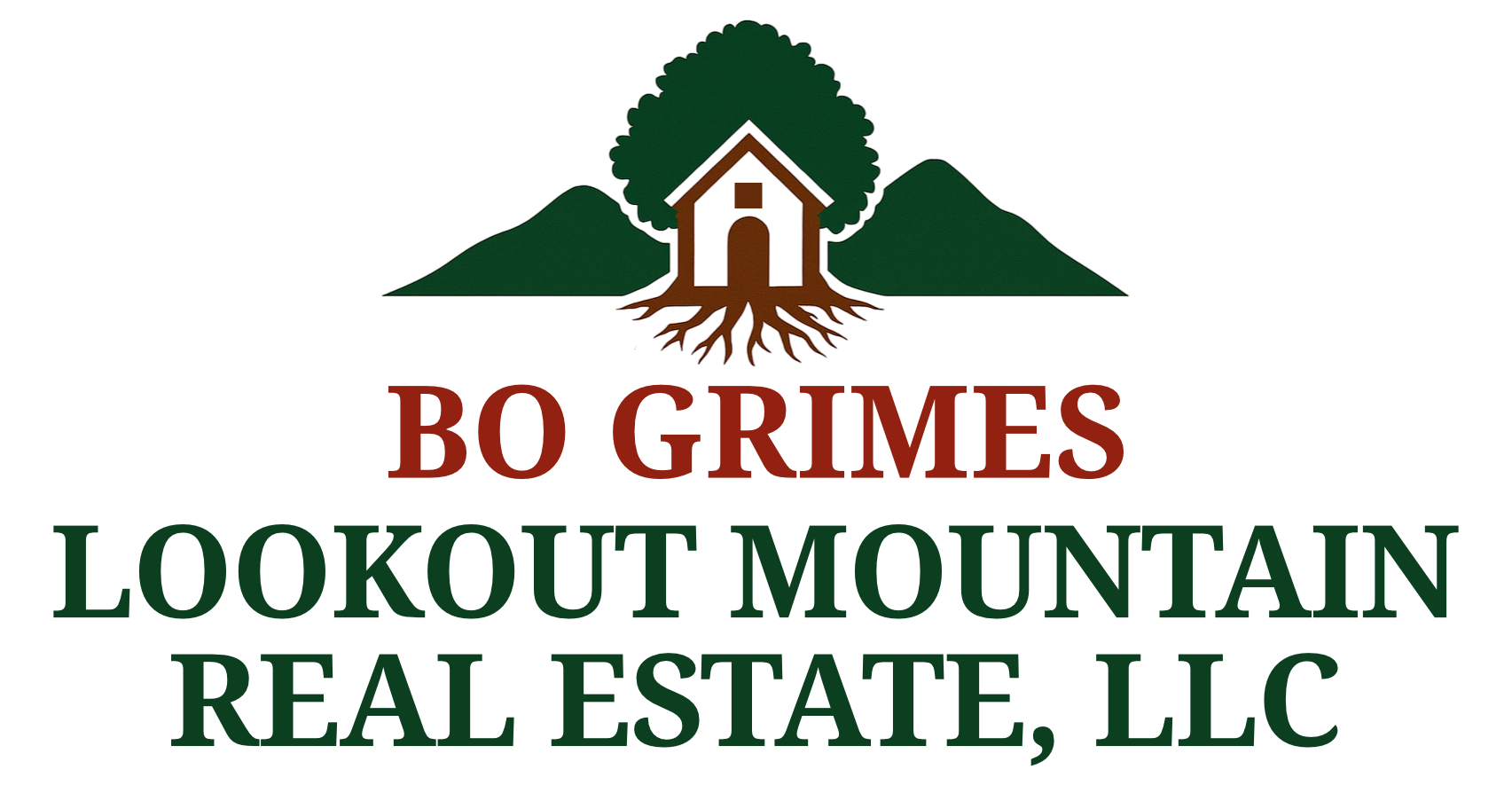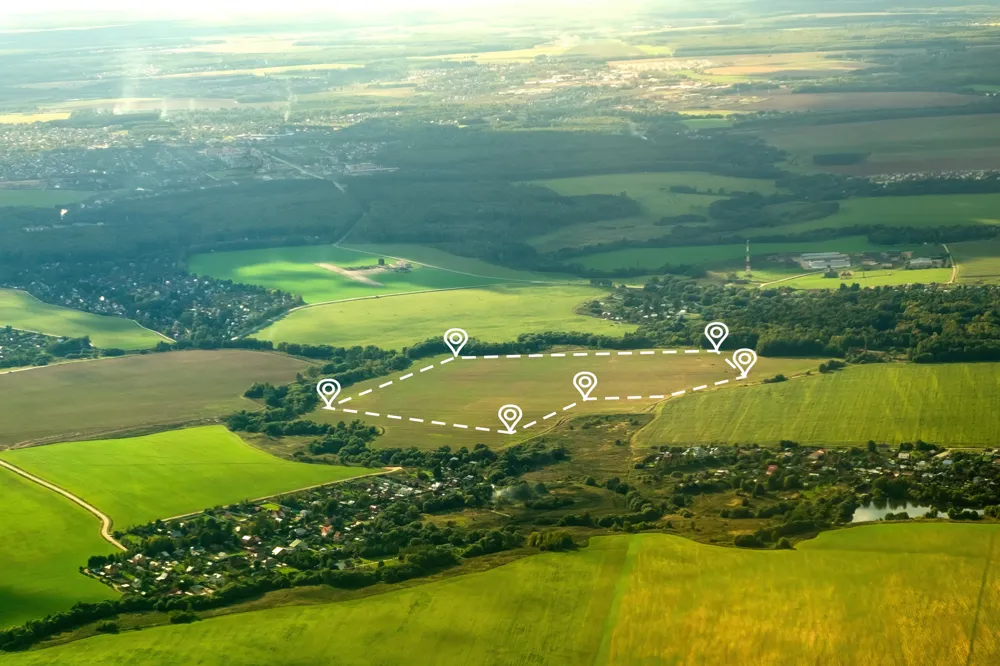Buying land in Georgia can be one of the most rewarding investments in Georgia Real Estate. Whether you’re seeking Rural Land, Farm Land, Hunting Land, or Recreational Land, understanding each step in the process helps you make confident decisions and avoid costly mistakes. With expert guidance from professionals like Bo Grimes, who specializes in Lookout Mountain Real Estate, you can turn your land-buying goals into reality.
Finding the Right Parcel
The first step in buying land is identifying what type of property fits your vision. Georgia offers everything from mountain acreage in the north to farmland and timber tracts in the south. Before starting your search, determine how you plan to use the property—whether for building a home, farming, recreation, or long-term investment. Working with an agent experienced in land sales ensures you find parcels that meet zoning, access, and infrastructure needs. Bo Grimes and other Georgia land experts often recommend evaluating not just the acreage and price, but also the terrain, utilities, and nearby amenities that affect long-term value.
Financing Options for Land
Land loans work differently from traditional home loans. Many banks require higher down payments and shorter loan terms for land purchases, especially if the property is undeveloped. Some buyers choose to pay cash, while others explore owner financing, a popular option in Georgia where sellers act as the lender. Another route is through rural lending programs such as the USDA or Farm Credit, which specialize in financing Rural Land and Farm Land. Discussing financing early in the process helps you determine your buying power and ensures smoother negotiations when you find the right parcel.
Survey, Title, and Zoning Checks
Before making an offer, it’s essential to confirm that the land’s boundaries, zoning, and ownership are clear. A professional survey verifies the exact acreage and identifies any easements or encroachments. Title checks ensure there are no outstanding liens or ownership disputes. Zoning verification confirms that the property can be used for your intended purpose, whether that’s residential construction, agriculture, or recreational use. Buyers interested in Hunting Land or Recreational Land should also confirm access rights and local regulations for wildlife management or building cabins.
Closing the Deal
Once due diligence is complete, you can move forward with closing. The closing process involves finalizing financing, signing contracts, and transferring the deed. Unlike residential transactions, land closings often require specialized attorneys familiar with Georgia Real Estate law. At this stage, having representation from an experienced local professional like Bo Grimes helps ensure every document is accurate and your rights as a buyer are protected. After closing, your new land becomes not just an investment, but an opportunity to create the lifestyle or business you’ve envisioned.
Final Thoughts
Buying land in Georgia is both an exciting and strategic decision. From the rolling mountains of Lookout Mountain Real Estate to the farmlands of southern Georgia, opportunities abound for buyers seeking freedom and growth. Understanding each step—from identifying the right parcel to closing the deal—ensures your investment stands the test of time in the ever-growing world of Georgia Real Estate.


